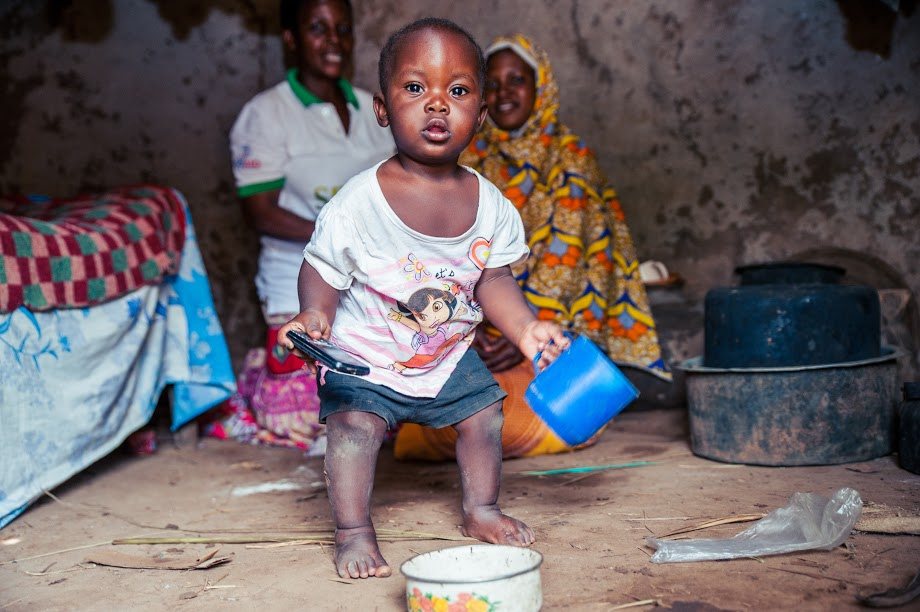Translating Evidence into Policy

Getting nutrition commitments cemented into other sectors' plans and strategies at global, national and program levels will demand lengthy and sensitive negotiation, backed up wi

Getting nutrition commitments cemented into other sectors' plans and strategies at global, national and program levels will demand lengthy and sensitive negotiation, backed up wi

According to the 2013 Global Burden of Disease study, diet and nutrition-related factors represent the greatest risk factors for disease worldwide. The scope of malnutrition is enormous; billions of people are affected worldwide and it is estimated to cost the global economy 3.5 trillion U.S.
On January 18, 2017, SPRING/Senegal facilitated a one-day workshop on gender equality and women’s empowerment in the region of Kaolack. The workshop was organized as part of SPRING’s strategy to improve the nutritional status of pregnant and lactating women and children under the age of two. Women in Senegal often play several key roles in the household: they are responsible for cultivating vegetables and other crops, preparing food at home, keeping the household tidy, and caring for their children.
A multi-sectoral approach is often thought to be the most effective way to address undernutrition.
Prospera, formerly known as Progresa or Oportunidades, is a national conditional cash transfer program. EsIAN is a pilot program within Prospera that aims to strengthen Prospera’s health and nutrition component by addressing the nutritional transition in Mexico and improving the health and nutrition of beneficiaries, with a focus on the first 1,000 days.